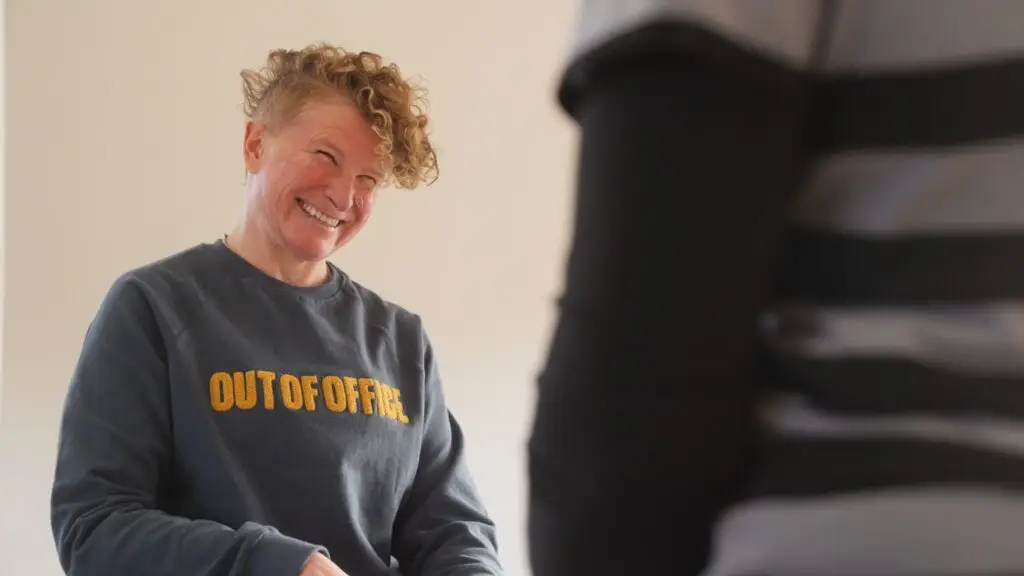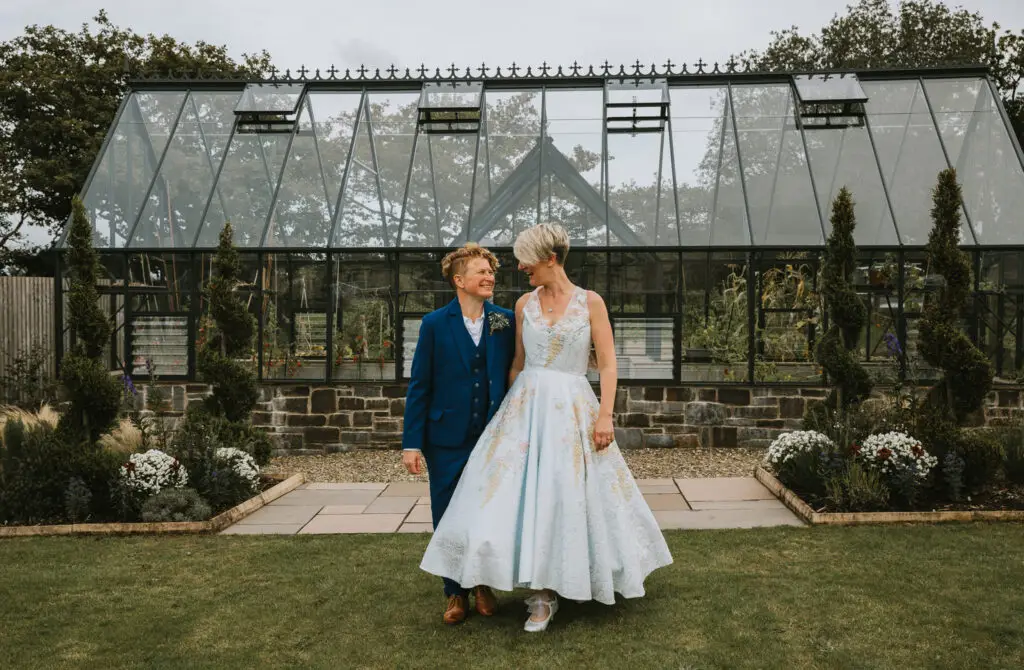“Hi, my name is Bryony”, was how I introduced myself when I started a new bar job in town in my late teens, I worked with a great and welcoming team but there was one member of staff who kept calling me Brittany.
I was very young, and I didn’t have the confidence to say anything to them for a really long time, until one day I spoke up and said, “You know my name is Bryony, Right?”
“Yes, but I think you look more like a Brittany, I like Brittany for you better”.
It didn’t matter that my name and my identity was Bryony, the person had decided who I was, and perhaps who they would prefer me to be; it didn’t matter what I thought or how I felt about it. Brittany stuck.
Pronouns & why they matter.
In recent years we have seen and heard more about pronouns, and I have started writing my name as Bryony (She/ Her). If it comes up in conversation, I am happy to let people how I identify and that I use She/ Her pronouns. I do this because I want to make it easier for anyone else around me to feel comfortable to talk to me about their pronouns too if they want to.
Do I need to understand what it means for someone to identify as He/ Him if they look more female? Do I need to understand what non-binary means? These are things that can be difficult for some people to relate to and that is because, they like me, have never had to think about it because our gender matches the sex we were born with.
Do I get it right all the time? No, I regularly get it wrong! I don’t like getting things wrong, but I feel very strongly that trying to get to know and use a person’s pronouns is about basic respect and common decency. It’s about getting to know people for who they are and not trying to box them up into a version of them that fits with what we know or are comfortable with.
What are we talking about?
Sex – Your sex is what you are assigned, or given at birth, and this is usually decided based on what your body looks like and written on your birth certificate. My body is biologically female and so I was assigned “female” at birth. You will hear terms like female, male and intersex used to describe a person’s sex.
Gender identity – Gender identity is an internal thing. It is how a person feels and identifies, this can be woman, man, neither or both for some people. We can let other people know how we identify, regardless of what we were assigned at birth, using “pronouns”. You will have heard of She/ Her, He/ Him, and They/ Them. There are many other pronouns that people choose to use, how a person chooses to identify is their right and should always be respected.



People whose gender pronouns don’t match those of their birth sex shouldn’t have to feel fear or hurt; shouldn’t be excluded or challenged because the people around them are uncomfortable. It may not be easy to talk about things like sex, gender, or pronouns for some people and this is why I add my pronouns “She/ Her” to the way I identify myself. It’s an easy way to show respect and create a safe space to start a conversation.
As some of you read this now, you may feel challenged by what I write but I would ask you to pause and think of the people around you. People at work, in your friendship circles or in your family who might be hurting right now, because they desperately want to talk to someone and don’t because they are terrified that the people they care most about won’t accept them for who they are.
Pronouns are part of a person’s identity, even for those who don’t yet understand or feel comfortable with the idea of different genders. Those people are often quick to make sure people around them know that they are She/ Her or He/ Him. If we care enough to clarify what ours are, surely, we should care enough to respect someone else’s too.
If we don’t, in its simplest terms we are making the person who identifies with pronouns which don’t match their birth sex or use pronouns other than She/ her or He/ Him, invisible, unseen and that hurts.
Find out why pronouns matter for trans people: https://youtu.be/N_yBGQqg7kM
